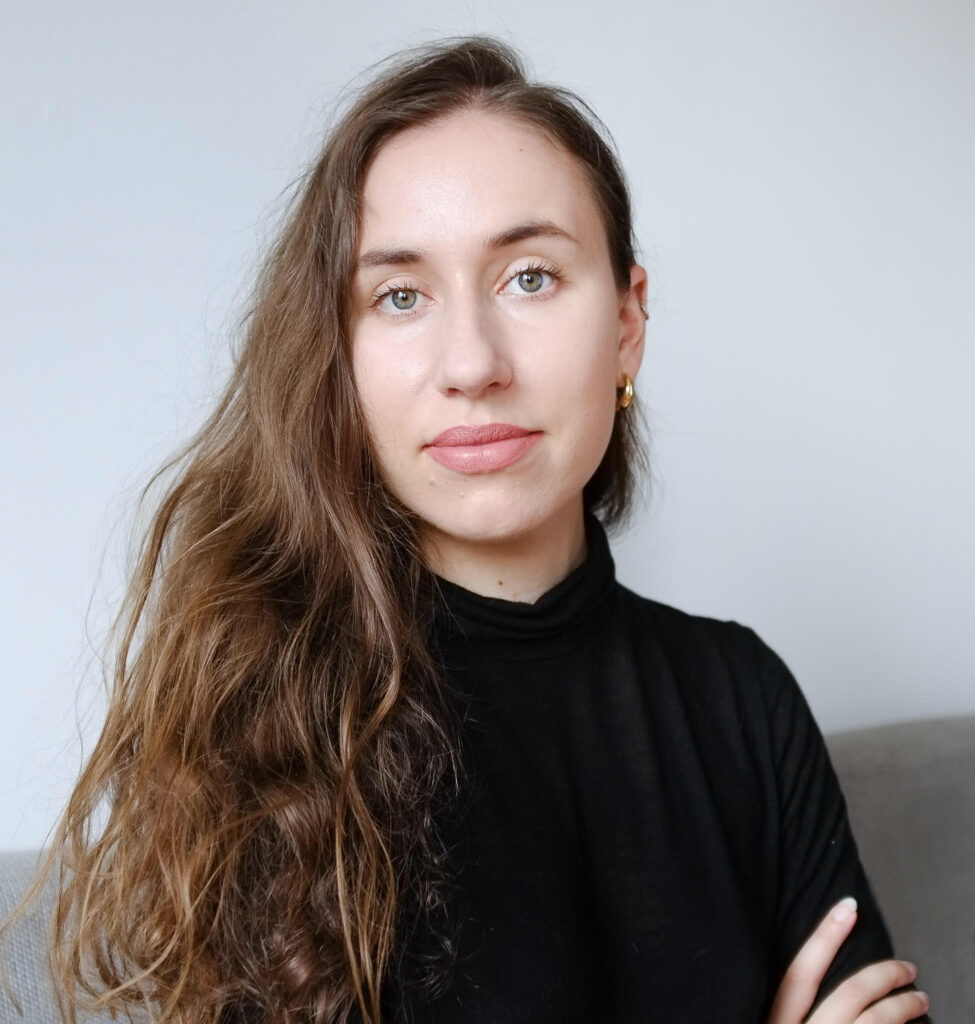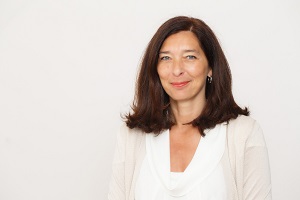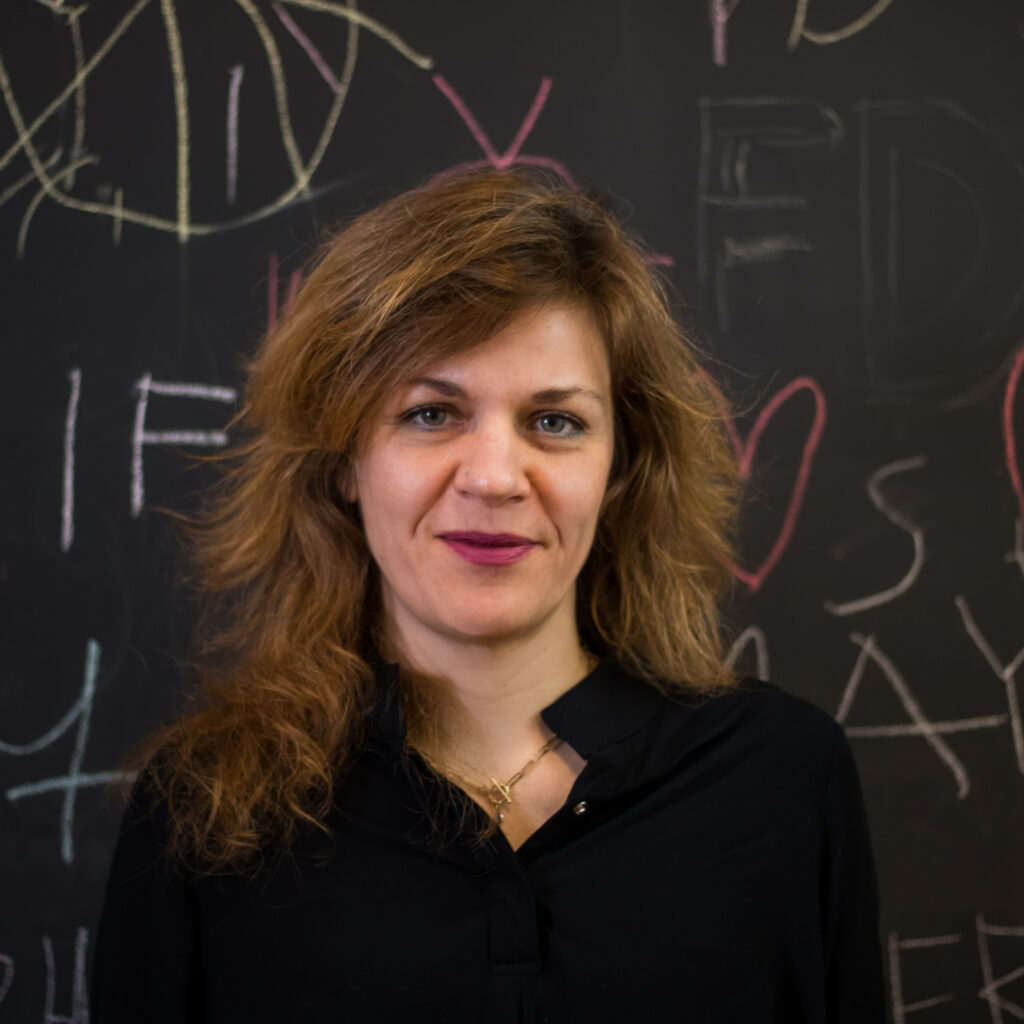Aniko Szucs
(Queen’s College, CUNY)
Friday April 12 2024
2pm to 3pm (New York Time)
In person at CUNY Graduate Center CUNY Graduate Center (room 5203, Ralph Bunche Institute)
and Zoom
REGISTER HERE FOR ZOOM LINK AND DRAFT PAPER
Workshop format: We ask that participants read the paper in advance. At the workshop, Dr. Szucs will give a brief presentation, after which we invite discussion with the in-person and online audience.
Aniko Szucs is a theater and performance studies scholar, dramaturg, and curator. She is an assistant professor in the Department of Drama, Theater, and Dance at Queens College. Dr. Szucs completed her Ph.D. in Performance Studies at New York University and earned an M.F.A. in Dramaturgy from the University of Theater and Film Arts in Budapest. She has worked as a resident and a production dramaturg in theaters across the US and Hungary. Dr. Szucs’s research interests include Central and East European political theater, feminist protest movements and performances, politics of memory, and the genealogy and critique of state surveillance.
Abstract:
Seditious Bodies: The Subversive Aesthetics of Vulnerability in East European Feminist Performances
In the recent transnational crisis of neoliberal austerity and rising neo-authoritarianism, there has been increased scholarly attention placed on forms of cultural resistance and social protest that—through performative gestures—foreground bodily vulnerability, mobilizing it as a site of connection and potentiality. Vulnerability, in this context, is a socio-political predicament that is perceived as a condition of resistance. This talk, however, considers vulnerability as an affective-aesthetic quality that distinctively characterizes contemporary East European feminist performances. Building on the genealogy of feminist body art and theory of the region, performance artists Maria Kulikovska (Ukraine) and Mikolt Tózsa (Hungary) yet again turn the female body and feminine corporeality into a vehicle of feminist resistance. The vulnerable body at the center of these performances is not merely a product of the precarious social and material conditions but a matrix of affective forces, symbolic gestures, and performative routines, one that liberates the artists from the ontological precarity of their existence.




